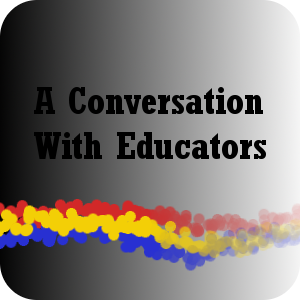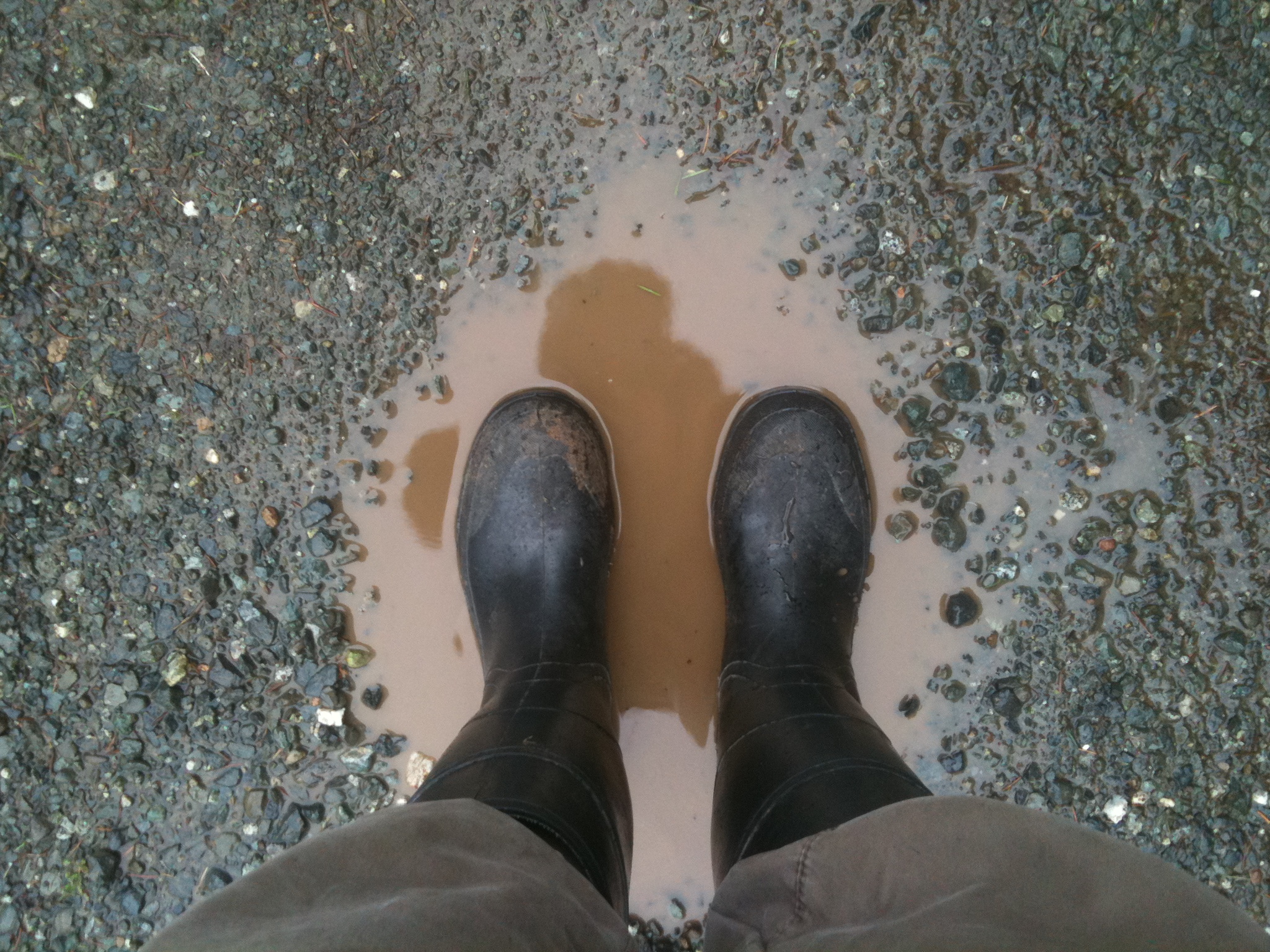Here are some recommendations that I think, if you aren’t doing, can really impact your teaching next year. Please post any other recommendations in the comments below. I have been using all of these (aside from #1 which I only just implemented this year) for the past few years in my own teaching practice and I find they have really helped me improve my teaching.
1. Spend lunch time with your fellow teachers whenever you can, relationships are more important than 30 min of work.
Your colleagues at school need you. You need them! As a profession, we need to step outside of our classrooms for at least part of each day and interact with other adults.
2. Follow the 10 minute rule. If you talk for more than 10 minutes, expect no one to be listening to you.
Adult learners, when really motivated, can focus their attention on someone speaking for between 15 and 20 minutes at most. Your student’s attention span is even less. If you talk too long, your students, your peers, they will tune you out and start daydreaming. So don’t speak continuously for more than 10 minutes at a time, break up your lesson into smaller chunks. Try and speak to the entire class for as little time as possible, and try to spend more of your time engaging with your students 1 on 1 or in small groups.
3. Don’t assign homework, work on sensible projects, assign deadlines. Let students choose what they take home.
None of us likes it when we have work that it is assigned to us that must be done at home. We hate it. Our students hate it. However, most of us will quite happily do some work at home when we are entirely in charge of the direction of our work. Students should have the same opportunity to develop self-direction in their homework. Can you check that they’ve done something? Sure, but try and let them come up with the "what" and try not to make the process punitive. I personally feel that is less important that students do exactly 20 minutes of homework every night from your class and more important that they learn how to take a project and finish it on their own time.
4. Share class notes for your course, even if you require all students to take notes.
The first reason for this recommendation is that it will help your students to improve their own note-taking. They will have a better idea of what they are aiming for because they will have a good model to look at. Without feedback about how well we are doing, we cannot improve what we do! It is also important to remember that for many of your students, note-taking is a mentally exhausting and difficult process. They literally cannot both takes notes AND understand what you are saying at the same time. Your students will eventually come up with strategies that will help them learn effectively on their own. For some of your students, they will take notes on everything you do and it will help them. Some of your students will listen extremely carefully, and learn more this way. You can support their ability to retain the knowledge by providing some supporting information aside from their careful attention.
I would share these notes electronically if at all possible, and I would use whomever in the class produces the best notes (or even better, have students produce the notes as a collaborative exercise). Alan November, for example, recommends assigning a few students to the role of scribe, and using Google Docs to allow them to collaborate to build one set of "perfect" notes.
5. Use an online shareable calendar for your lesson planning and share it with our students.
Your students should have access to your lesson plans. They should understand how these are created and be able to look back and see an overview of what you have covered during each unit. Ideally you should have these lesson plans up in advance so you can give students a preview of what is coming. This can also be a great way of ensuring that students who are absent one day have access to the same information that everyone in the class has. These don’t have to be incredibly detailed, but should include enough information that a substitute teacher could follow the lesson plan if necessary.
 This afternoon I had a great conversation with
This afternoon I had a great conversation with 



